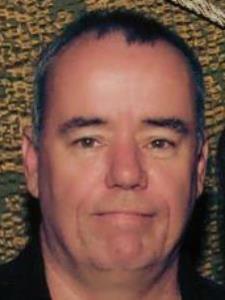Arthur D. answered • 09/18/17
Tutor
4.9
(306)
Mathematics Tutor With a Master's Degree In Mathematics
Here are some helpful hints:
simplify the fraction
write the prime factorization of the denominator
if you get all 2's, all 5's, or a combination of 2's and 5's only, you will have a terminating decimal
if there are any other prime numbers in the factorization, other than 2's or 5's, then you will have a repeating decimal
what repeats is called the repetend
the maximum number of digits that can possibly repeat is 1 less than the denominator
this does not mean that you will always get the maximum number of digits in the repetend
Here are some examples:
Terminating decimals
3/4=0.75 4=2*2
3/5=0.6 5=5
7/8=0.875 8=2*2*2
17/25=0.68 25=5*5
39/40=0.975 40=2*2*2*5
37/50=0.74 50=2*5*5
99/125=0.792 125=5*5*5
count the number of 2's and count the number of 5's
whichever is greater, that's how many digits will be in the answer
Repeating decimals
2/3=0.666...
5/6=5/(2*3)=0.8333...
4/7=0.571428571428571428... (here you get the maximum number of digits in the repetend)
7/11=0.636363...
5/12=5/(2*2*3)=0.41666... (the 2's caused the 41 to come up before the repetend-this is called the lag)
12/17=0.705882352941176470588235294117647058823529411764... (here you get the maximum number of digits)
13/18=0.7222... (18=2*3*3, 2 causes the lag and 9 causes the repetend)
How to determine the number of digits in the repetend:
Determine the power of 10, minus1, that the denominator divides into evenly (disregard any 2's and 5's)
2/3=0.666.. 3 divides evenly into 10-1=9 and 10=10^1
7/9=0.777... 9 divides evenly into 10-1=9
8/11=0.727272... 11 divides evenly into 100-1=99 and 100=10^2
19/37=0.513513513... 37 divides evenly into 1000-1=999 and 1000=10^3
6/7=0.857142857142857142... 7 divides evenly into 1,000,000-1=999,999 and 1,000,000=10^6






